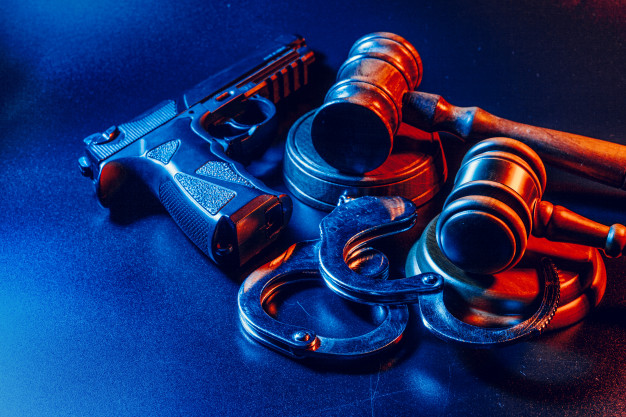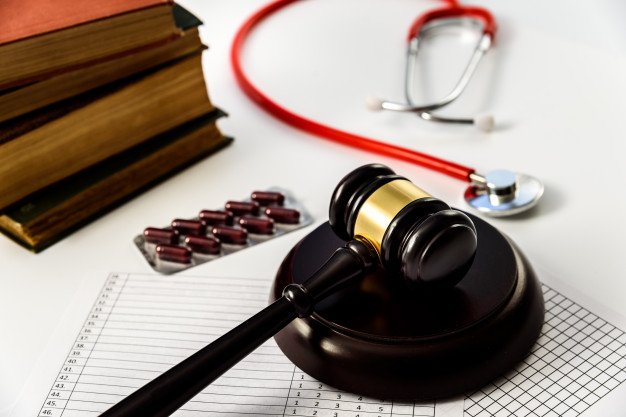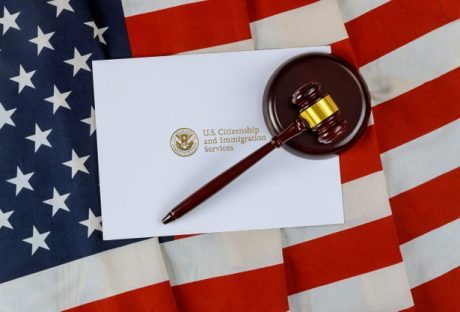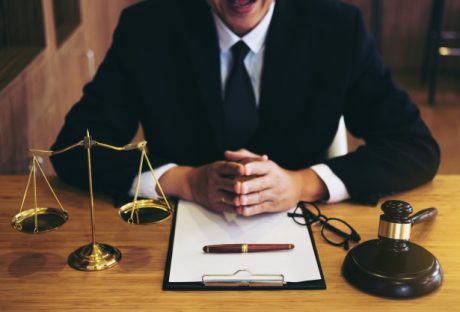Criminal defense attorneys play the most important role during a criminal case. Starting from the assignment to the interview, investigation, evidence analysis, and more. They defend the person who is charged with a crime. The defense attorneys defend on behalf of the accused person.
A criminal defense attorney investigates different facts and deals with the case for the accused person. They also deal with the prosecutors to defend the clients. In this article, you will clearly understand what do criminal defense attorneys do.
Work of Criminal Defense Attorneys:
A criminal defense lawyer gathers facts and theories to deal with the case on behalf of the defendant. If you want any legal advice for any criminal case, you can consult the Patrick Griffin criminal lawyer.
1. Case Assignment
A defendant may directly contact a criminal defense lawyer, or the court can also assign a lawyer. Some criminal defense lawyers are also public defenders appointed by the courts, and the government pays them their fees. There are many private criminal defense lawyers who work independently or under a private legal firm.
Private defense lawyers get more salary than public lawyers. Public lawyers get more cases than private lawyers because of referral processes. Sometimes courts also appoint private lawyers for some specific cases.
2. Interview the Client About the Case
The criminal defense lawyers try to get more details about the case from the client. The lawyer asks some specific questions to the client to learn about the case and figure out the defenses and strengths of the case. The lawyer also identifies the weaknesses of the case. It is possible through questioning the defendant.
3. Investigation of the Case
After asking the questions, the criminal defense lawyers also investigate the case for finding any possible defenses. The lawyer also questions the police about the procedures followed in the case. In addition to that, the lawyers may also talk to the witnesses who have some information about the case.
The criminal defense lawyers also have the rights to review the case submitted by the prosecutor to the jury. This may help the lawyer to find some holes which can save their clients.
4. Evidence Analysis
The criminal defense lawyers also analyze the evidence. This helps the lawyer to figure out different facts of the case. The lawyer can also test the evidence independently. Furthermore, the lawyer can also examine the evidence that may help him/her to determine if the legal theories working against the accused.
5. Communicate With the Client
The criminal defense lawyers also stay in continuous contact with the client to offer the developments about the case and inform about the case. It’s important to keep the conversations confidential both for the lawyer and client. The lawyer also explains every possible consequence of the case that gives a better understanding of the client.
6. Assists Jury Selection Process
The defense lawyers also assist with the jury selection process. If there is any biased feeling against the defendant of the jurors, the lawyers may try to remove them.
7. Trial Participation
The criminal defense lawyers try to prove wrong the allegations made on the client. They participate in the trial process and fight against the case made by the prosecutor.
The criminal defense lawyers also deal with the prosecutors for a plea bargain. More importantly, the criminal defense lawyers also convince the jury to reduce the sentence.
Conclusion
Hopefully, the above information has helped you to understand what is a criminal defense lawyer. The defense lawyer works on behalf of the accused person and defends the allegations or cases made on him/her. The lawyer works closely with the client to help them out of the case. If you have any queries, you can ask in the comment box.
Read Also:






















